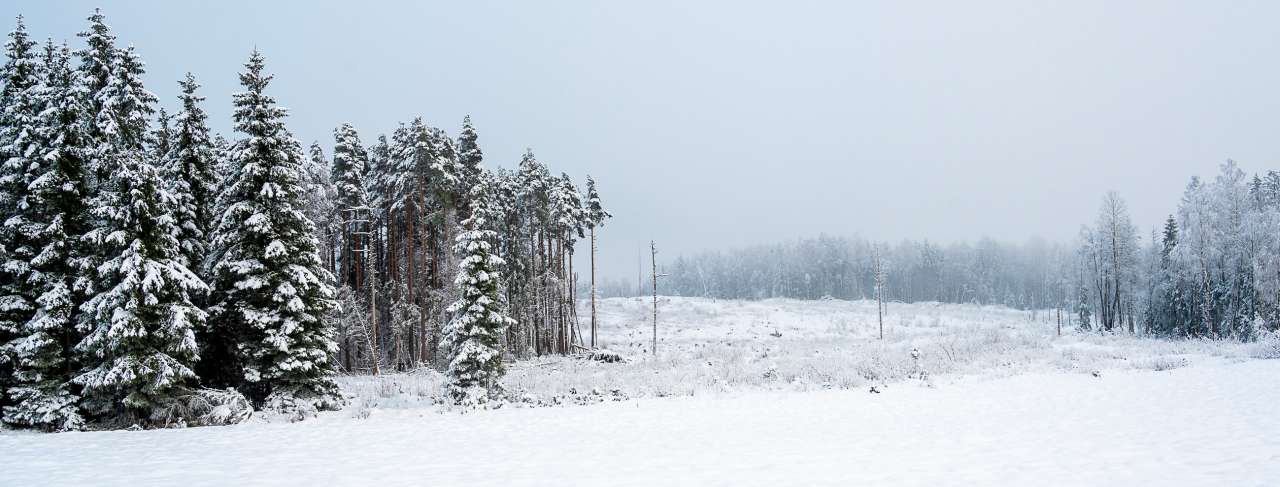How to strengthen Europe’s forests

Photo: Erling Fløistad
A sustainable and resilient forestry sector is crucial for facilitating the green transition from fossil resources to renewable inputs. As one of Europe’s leading forest research institutes, NIBIO is part of the newly established “For Forest Group+.”
Europe can expect increased demand for forest-based materials from its woodlands as CO2-intensive fossil materials are phased out. A healthy and sustainable forest will be key to achieving climate targets while providing good habitats for both wildlife and people.
“Research is essential for developing forest management systems that balance production and sustainability in a changing climate,” says Bjørn Håvard Evjen, Director of NIBIO’s Division of forest and forest resources.
At the same time, there is a need to develop new value chains for high-value products derived from forest biomass. Evjen explains that sustainably managed forests are Europe’s strength and that the region has the potential to enhance its competitiveness through well-functioning forest-based value chains.
“This requires new investments in competitive value chains, increased innovation, and a market willingness to adopt future solutions.”
To achieve this, NIBIO collaborates with leading forest research institutes in Europe through the newly established strategic network, “For Forest Group+.” The aim is to promote informal research on productivity and sustainability, share insights, and leverage results across borders to strengthen European forestry.
A single solution or management system is insufficient to meet the various demands on forests. We must utilise the best available knowledge and develop national and regional adaptations to tackle site-specific challenges.
“The future will require more multifunctional management strategies and operational methods based on the most current research,” Evjen says.
Contacts

Purpose
European collaboration among forest research institutes for the sustainable utilisation of European forests.
Collaboration: Sixteen member countries from the EU and Europe, including Finland's Luke, SkogForsk in Sweden, Slovenia's Forestry Institute, and the Austrian Research Centre for Forests
Contacts

